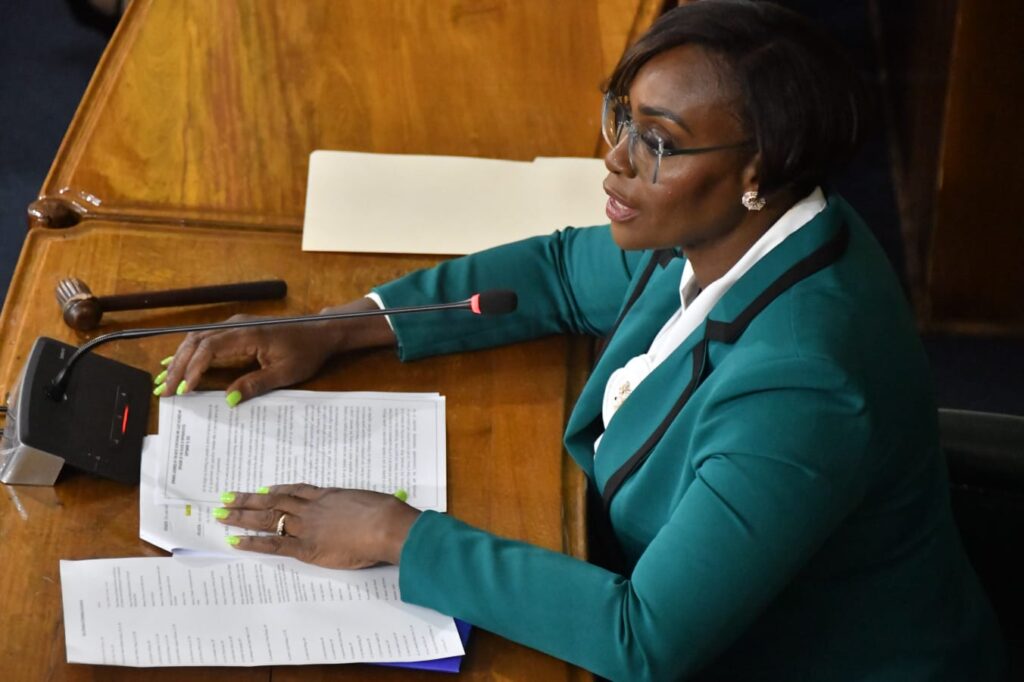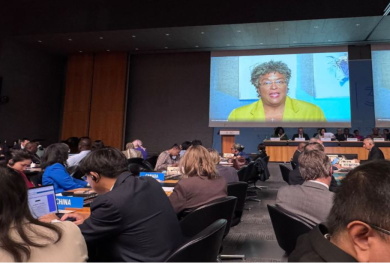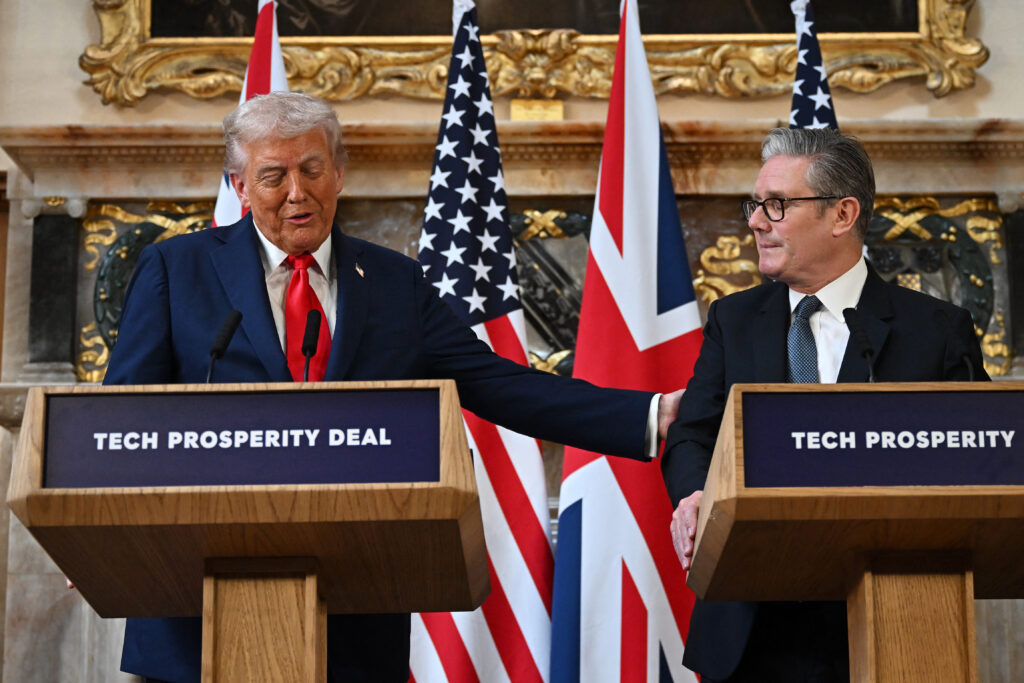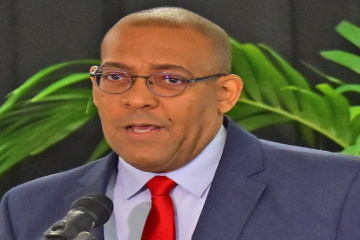WASHINGTON, United States (CMC) — The executive board of the International Monetary Fund (IMF) says it welcomes the “strong recovery” in Belize following the COVID-19 pandemic and the improved social outcomes and financial stability.
In a statement following its Article IV Consultation for Belize, the executive noted that after expanding by 30.6 per cent between 2021 and 2023, real gross domestic product (GDP) grew by 8.1 per cent last year, driven by positive developments in tourism, trade and transport.
At the same time, inflation continues to moderate, slowing to one per cent in May 2025 from four per cent in May 2024, owing to decelerations across most categories.
The IMF said that this strong nominal growth, combined with expenditure control and a sharp recovery in government revenues, improved the primary balance to 1.7 per cent of GDP in the financial year of 2024.
In turn, public debt fell sharply to 61.1 per cent of GDP in 2024, after peaking at 103.3 per cent of GDP in 2020, also supported by a debt-for-marine protection swap and a negotiated discount on the debt with Petrocaribe.
Real GDP growth is expected to decelerate to 1.5 per cent in 2025, due largely to a slowdown in tourism and a weak agricultural sector performance, and is projected to gradually converge to its potential of about two per cent over the medium term, absent expanded hotel and flight capacity.
The IMF executive directors highlighted that growth is expected to decelerate sharply in 2025, before converging to its potential over the medium term.
Noting the downside risks stemming from high exposure to external risks and increased global uncertainty, they stressed the need to reduce public debt and accelerate reforms to unlock potential growth and build resilience to natural disasters.
The IMF officials said that as a small developing country with capacity constraints, they agreed on the importance of continued tailored policy advice and technical assistance to support implementation in Belize.
They have also welcomed Belize’s commitment to building buffers against future shocks, particularly by lowering public debt to below 50 per cent of GDP and recommended enhanced revenue mobilisation and reprioritisation of current expenditure, including through pension reform, to make space for priority spending on targeted social programmes, crime prevention and infrastructure.
The IMF said that establishing a medium-term fiscal framework with clear targets and measures would improve credibility and pave the way for an effective Fiscal Responsibility Law.
The IMF directors agreed that continued reserves accumulation would help strengthen the credibility of the currency peg. They said further fiscal consolidation, structural reforms to enhance competitiveness and continued efforts to reduce the central bank’s holdings of government securities are important measures.
They also welcomed the decline in systemic risks and encouraged continued commitment and vigilance to maintain financial stability. They highlighted the need to expedite the operationalisation of the Deposit Insurance Act to enhance the financial safety net.
The directors also agreed on the importance of improving private sector access to financing to boost investment, highlighting the considerable progress on strengthening the anti-money laundering and countering the financing of terrorism (AML/CFT) framework and called for continued efforts to address remaining gaps.










